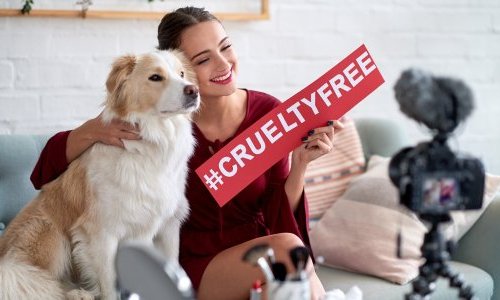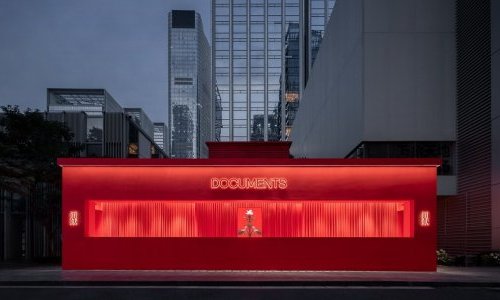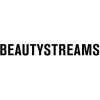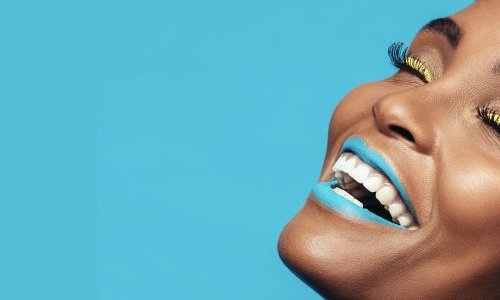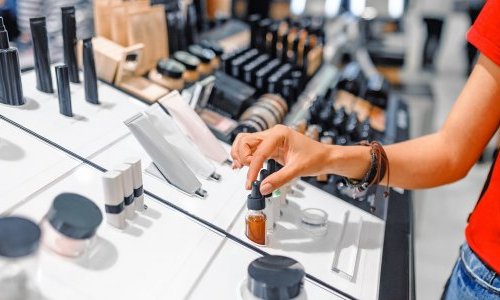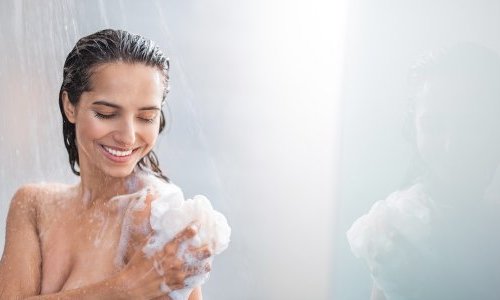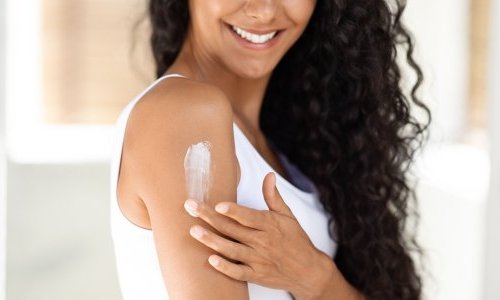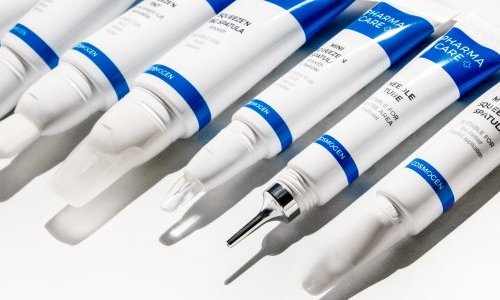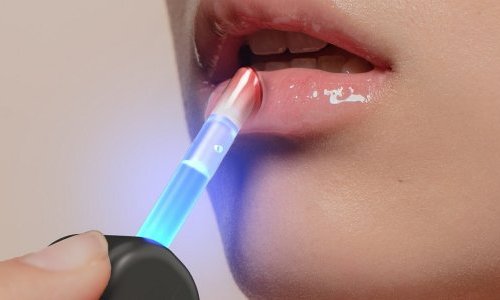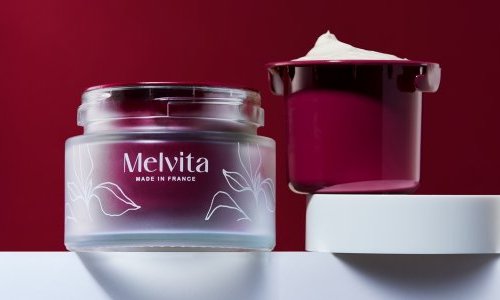
Michelle Thew
Highlights include seeing entire nations beyond the EU to ban the sale of newly animal-tested products including New Zealand, Switzerland and Turkey. The organization has also witnessed success with individual brands including Covergirl, which announced back in November that it is entirely cruelty-free, meaning none of its products or ingredients are tested on animals, nor are those of the brand’s suppliers.
Last week Cruelty-Free International CEO, Michelle Thew, hosted a presentation in Sydney, Australia - in collaboration with Covergirl - to show how the organization provides pioneering scientific and legal expertise to brands and governments. One current area of interest for the NGO is China, a country that has proven near-impossible for cruelty-free brands to access given its law that requires cosmetics to be tested on animals.
In the past, beauty brands have used workarounds such as cross-border e-commerce (the Chinese law is only for brands that physically retail in the country), however, this option is handicapped by restricted cross-border spending limits.
Back in 2018, Cruelty-Free International launched its Leaping Bunny China Pilot Program, which enables leaping bunny approved brands to enter the Chinese market without animal testing, for the first time. "Historically it’s not been possible for brands and it is still not possible to import directly to China. But our program makes use of the unique agreement we’ve struck with Shanghai Gengpu Industrial Park, Oriental Beauty Valley and Knudsen&CRC," Thew explained. "This enables brands to make use of domestic manufacturing and then, supervised by us, launch onto the market."
Last month, UK men’s skincare brand Bulldog was the first Leaping Bunny certified brand to reach the Mainland Chinese market.
"We want Australian brands to know this market is actually open to leaping bunny brands," she continued. "If there are brands not currently selling in China who are interested in that market, they can talk to us about getting leaping bunny approval and joining the pilot program."
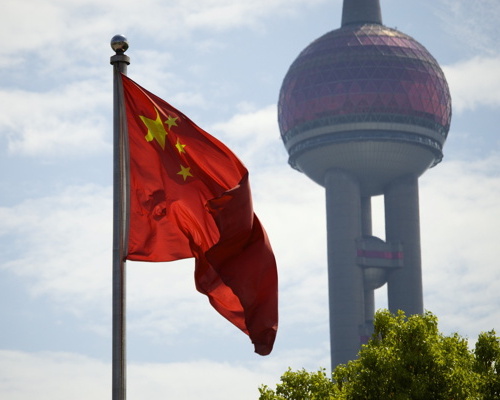
Cruelty-Free International’s Leaping Bunny China Pilot Program enables leaping bunny approved brands to enter the Chinese market without animal testing
Michelle Thew hopes that the pilot program will significantly speed up overall regulatory changes in China.
When it comes to the cruelty-free state of play in Australia, Thew believes there is still work to do. Earlier this year, however, the Australian Government committed to prohibiting reliance on animal test data for ingredients in cosmetics with introduction of the Industrial Chemicals Act 2019. From July 1 2020, the IC Act 2019 will give effect to the ban for ingredients used solely in cosmetics.
"This is an important signal from the Government," said Thew, "it’s very future-looking and it’s very specific to cosmetics ingredients. We know that here in Australia there are a huge number of brands that have an organic, ethical feel so we know animal testing is also an interest of concern with Australian consumers."
Should any Australian beauty brand wish to know more about how the IC Act will impact them, Thew recommends getting in touch with Cruelty-Free International for advice on how to prepare.

